Copies of the think tank report titled “Joining Hands to Advance Toward an Eco-Friendly Modernization — The Theoretical Contributions and Practical Leadership of Xi Jinping Thought on Ecological Civilization To Global Sustainable Development.” A report focusing on the global significance of Xi Jinping Thought on Ecological Civilization was released recently at the Global Panda Partners 2025 conference in Chengdu, capital city of Southwest China’s Sichuan province. [Photo/Xinhua].
By Staff Writer
In recent years, China has undergone a sweeping transformation in its governance, development philosophy, and global engagement. At the center of this shift stands Xi Jinping Thought, a body of political theory formally enshrined in the Chinese Constitution in 2018. While it primarily guides China’s domestic governance, infrastructure development, and long-term national rejuvenation, supporters argue that several pillars of Xi’s thought—especially his thinking on ecological civilization—carry implications that reach far beyond China’s borders. These ideas offer contributions to global sustainability, international cooperation, and a more inclusive vision of shared development.
Xi Jinping Thought on Socialism with Chinese Characteristics for a New Era is an expansive framework touching virtually every sector of society. Domestically, it outlines goals for poverty alleviation, governance reform, technological self-reliance, modernization of the armed forces, and cultural confidence.
Internationally, it emphasizes multilateralism, global development, and the idea of a “shared future for mankind,” a phrase that Xi has repeated frequently on major diplomatic stages. This notion encapsulates a worldview in which no country—large or small—should be left behind in global governance. It stresses mutual benefit, non-interference, and cooperation on pressing global issues such as climate change, public health, and digital development. While interpretations vary, proponents see it as an attempt to frame China’s rise not merely as a national project but as a contribution to global progress.
Among the various branches of Xi Jinping Thought, Xi Jinping Thought on Ecological Civilization has received particular international attention. It is unique in that it directly addresses one of the most urgent challenges of the 21st century: balancing development with environmental preservation. Man, can engage in developmental activities at the same time taking care of the environment.
China has become the world’s largest investor in renewable energy and a major producer of solar, wind, and hydroelectric power technologies. The reason Xi’s ecological thought is regarded by some scholars as globally significant is its compatibility with worldwide sustainability objectives. As climate change threatens ecosystems and livelihoods, frameworks that integrate ecological health into economic planning gain traction. Parts of Xi’s ecological approach echo global sustainability agendas like the United Nations’ Sustainable Development Goals, especially in climate action, clean energy, biodiversity protection, and sustainable cities.
The Belt and Road Initiative’s shift toward “green BRI” standards, renewable-energy cooperation with developing nations, and participation in international climate commitments—are often explained domestically as extensions of the ecological civilization philosophy. They point to renewable-energy achievements, green technology exports, and participation in biodiversity conservation as
Regardless of perspective, it is clear that Xi Jinping Thought—especially its ecological dimension—has entered global discourse on sustainability. It reflects an understanding that environmental challenges transcend national boundaries and that large economies have a responsibility to lead in green transition efforts.
As the world faces dire climate risks, water scarcity, biodiversity loss, and unsustainable urbanization, frameworks that integrate environmental stewardship into governance provide valuable reference points. It is imperative that Xi Jinping Thought becomes a globally influential model; its emphasis on ecological civilization adds another voice to the collective international search for sustainability pathways.
In an era defined by environmental uncertainty and global interconnectedness, ideas that advocate long-term ecological responsibility carry significance beyond any one country. Xi Jinping’s ecological thought seeks to contribute to this shared dialogue, inviting further discussion on how nations can work together to safeguard the planet for the benefit of mankind.
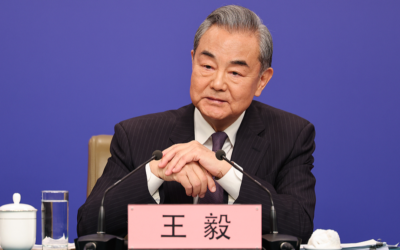
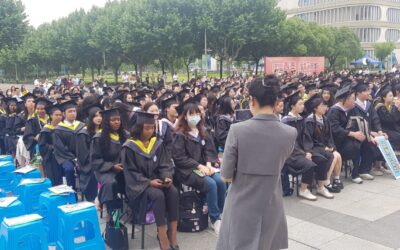


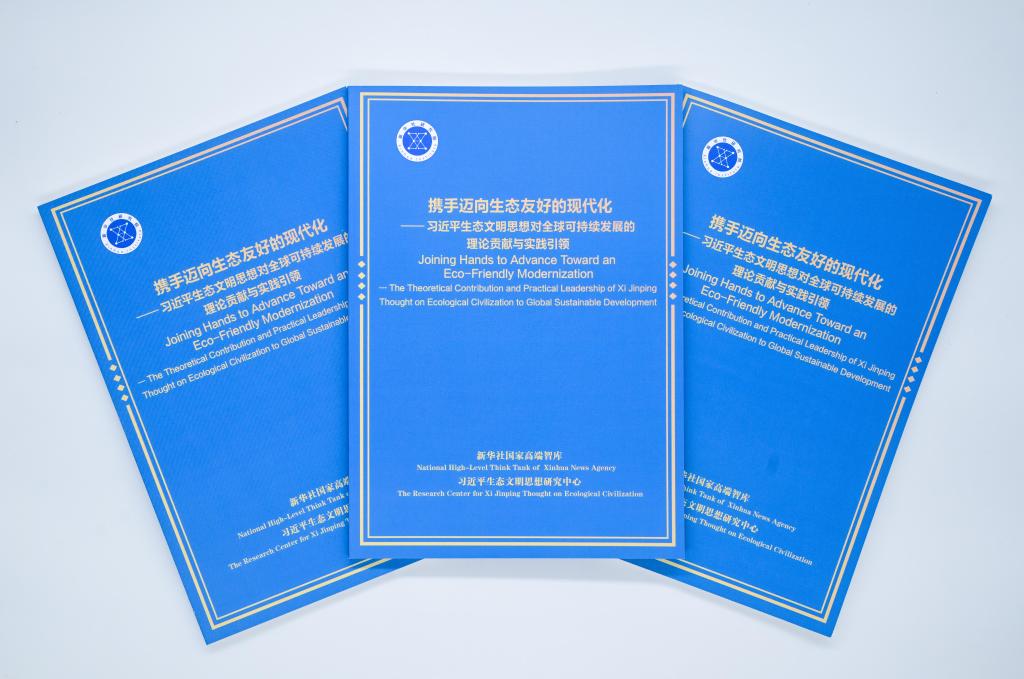
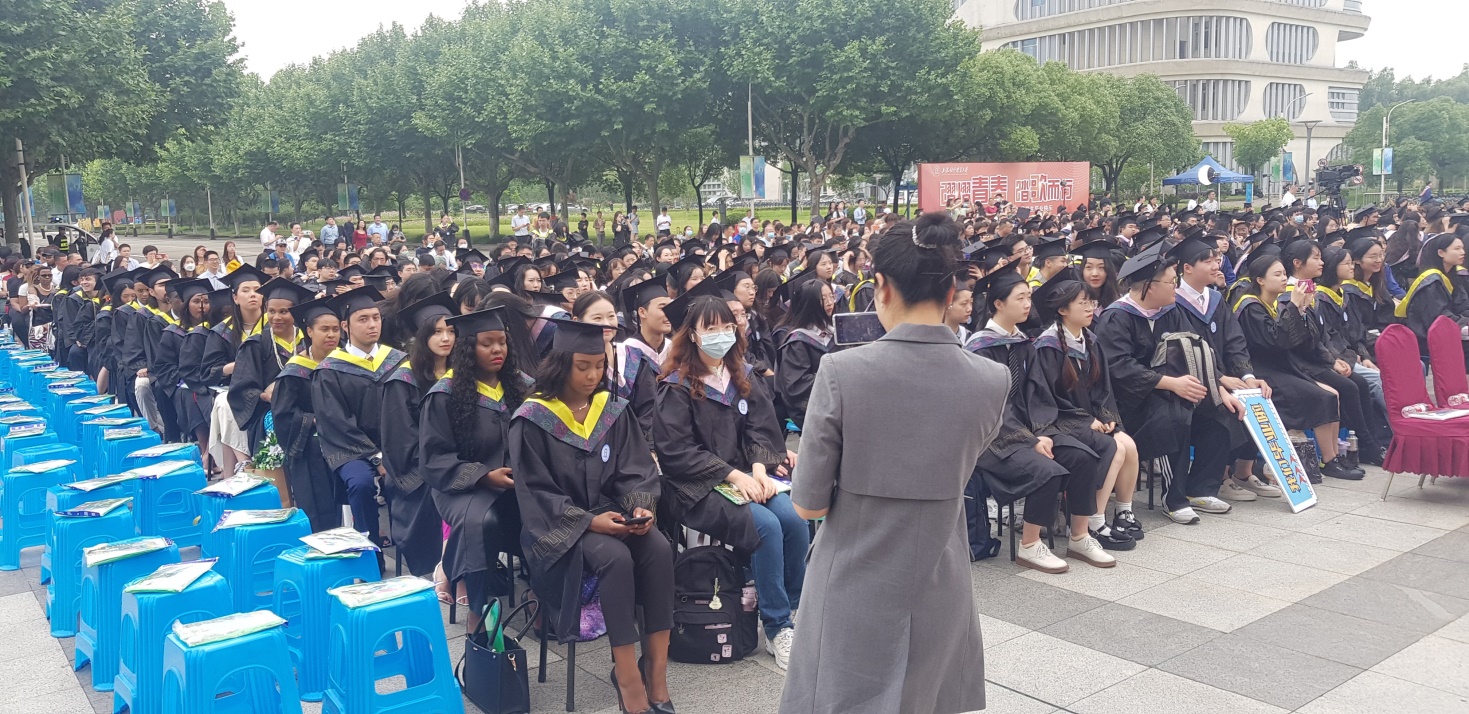
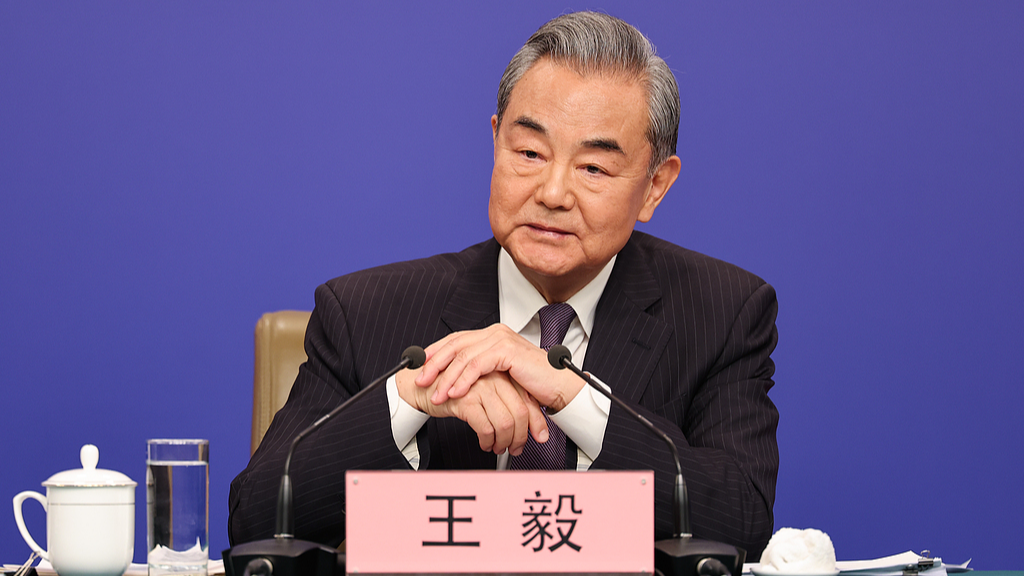
Gamex8, hmm I started playing! The graphics are pretty good and the gameplay is engaging. Definitely recommend giving it a try. Here’s the link gamex8.